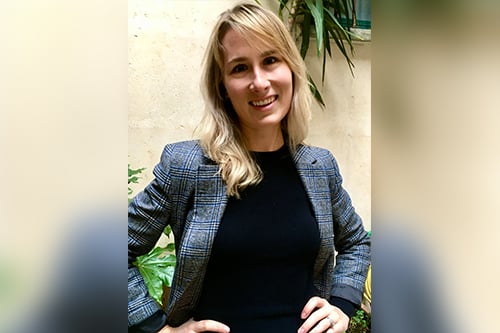

The following is an editorial by Alicja Grzadkowska, senior news editor at Insurance Business. To reach out to Alicja, email her at [email protected].
The number of insurers pulling back from specific markets is growing. Recently, AXA XL confirmed that it will be withdrawing from the management liability and financial institutions business in the London market, and it was joined shortly thereafter by specialty insurance and reinsurance underwriter Argo Group, which announced last week that it will exit grocery and retail lines of business.
Meanwhile, in New Zealand, Allianz subsidiary Club Marine will be exiting that region’s pleasure craft insurance market, and experts have pointed to many other classes seeing a similar trend. Michael McEwen, HDI Global Specialty SE’s head of aviation in Canada, told Insurance Business earlier this year that markets had been reconsidering how much exposure they want to take on and re-evaluating what is acceptable rating for the aviation line, adding, “In some cases, we have even seen markets that underwrite aviation risks, including in Canada, exit the class altogether.”
While insurers exiting from lines of business is nothing new, this latest series of market withdrawals span a range of business lines, insurance companies, and regions, which should be worrying. Over the last few years, these exits have generally been aimed at marine, seen in 2018 when CNA Hardy waved goodbye to marine hull, as well as property treaty and CAR/EAR (construction/erection all risk) on the Lloyd’s platform, as did AmTrust at Lloyd’s (ATL), which let go of marine underwriting.
This year, however, the coronavirus has put further pressure on markets that have already been hardening for some time. For instance, in 2019, the Aon unit Maven made a shock professional indemnity insurance exit, a market that continues to be strained this year, while Lloyd’s insurer ArgoGlobal announced that its Syndicate 1200 would exit underwriting operations in Asia, as well as most of its hull underwriting business within the syndicate.
Market withdrawals clearly do not bode well for insureds. Not only is there reduced capacity in the marketplace – since even those insurers who don’t withdraw completely could move capital away from challenging areas and deploy it more effectively elsewhere – but new entrants can be few and far between, as new players are often hesitant about entering the insurance industry under hard market conditions.
In turn, many policyholders have a harder time finding coverage at a reasonable price, especially insurance coverage for pandemics, which is sure to be limited as many policies will soon – if they haven’t already – include exclusions for pandemics.
Brokers working in lines of business that have seen significant exits lately will need to think fast on their feet and be creative. In 2017, on the back of commercial auto insurers in the US exiting that space, Lynn Cogger Koop of RT Specialty told Insurance Business that in this environment, she had to piece together a risk. For example, for one client, “Instead of having one policy, like you would typically do in a standard market, we went to three different carriers: one for general liability, one for auto and a third for a garage keeper’s liability policy.”
Other experts have cautioned that this year especially, brokers would do well to communicate with their clients long before their insurance renewal date, even in lines of business that haven’t yet seen a ton of insurer exits. On the construction side, Nancy Brady from Beazley recommended, “The broker needs time to remarket [construction and design] risks and underwriters require time to assess the risk appropriately. They need to provide as much information as possible and that is the key to success. Your applications are not always enough – it’s important to provide full claims information with lessons learned from previous claims, as well as any risk management processes the firm has implemented to prevent future similar claims.”
At the same time, some insurance firms are coming up with their own solutions. For instance, Aaron Baum, vice president, entertainment practice group at Marsh, recently discussed the global broker’s approach to finding and securing coverage for entertainment insureds, explaining, “We at Marsh are working with a few markets on product alternatives to provide coverage for COVID-19, by essentially creating a product that would buy back the exclusions.” Even so, challenges have arisen, he noted: “It’s a slow process. We do have a couple partners out there willing to do it, but it’s difficult due to capacity and it all depends on where the project is being filmed and who’s involved.”
As the market becomes challenging for insureds, the role of brokers grows in importance. Their guidance and advice, as well as their ability to find their clients coverage needs to be on point during this period. By helping clients navigate a tough market amid this crisis, these professionals will further solidify their role as critical advocates for insureds for years to come.
